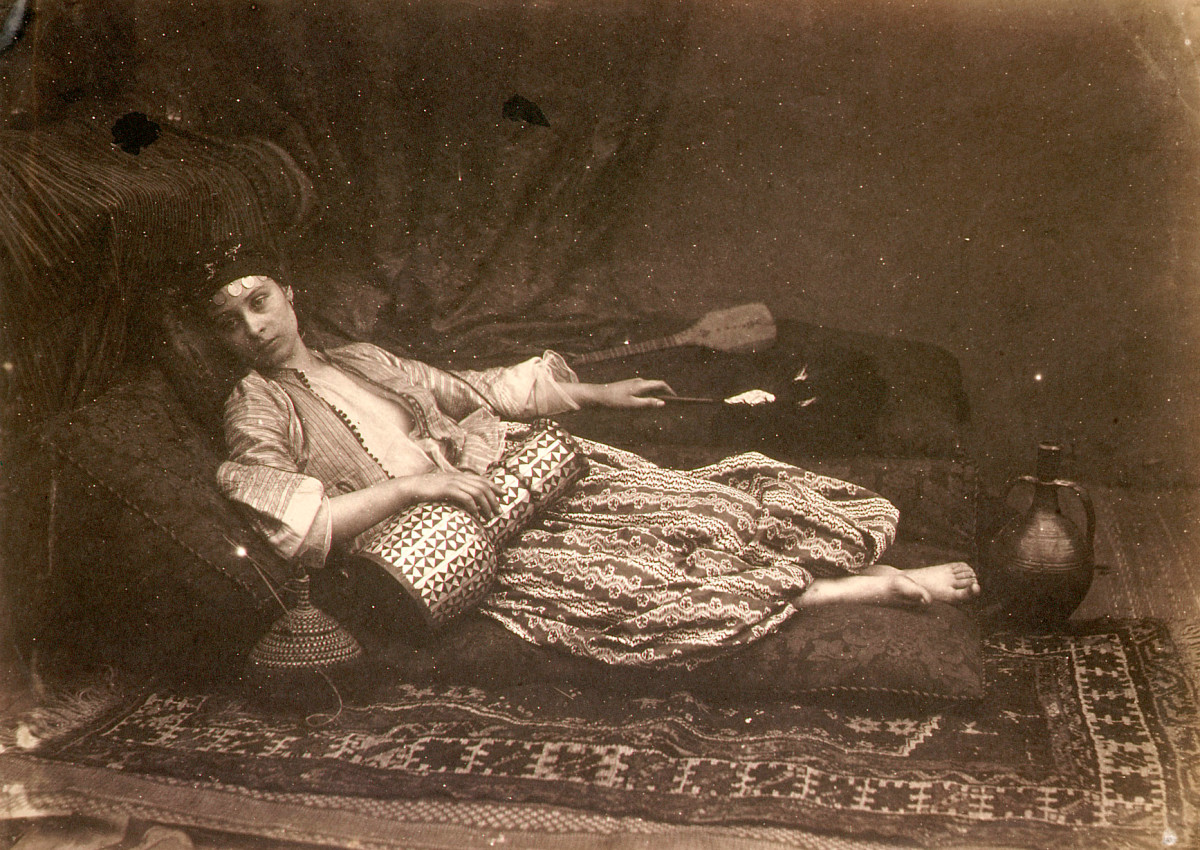Listen:
Once it’s made. Yesterday
three loquats lay on the ground,
golden as empire.
Lately your voice is tinny, gramophone
cotillion and quadrille. I’m afraid
to turn the record. Dirt blows over
terracotta, up my feet and legs,
devils, devils. More loquats above,
glass tesserae crowning—
somebody. No loss of local boys,
bisque-mild, faces that can outempty
anything, how they drop hard,
cadavers. Nor the reason, unnameable
but as droves toward a feeding purpose.
Trough, crow. When the Spanish
arrived the ocean lay like an
odalisque, and the ribbon-neck sunset.
They did what I wish I could.
Left names. Have I heard correctly.
You were without remove. Oh it’s
a gold rush of expectations this place.
